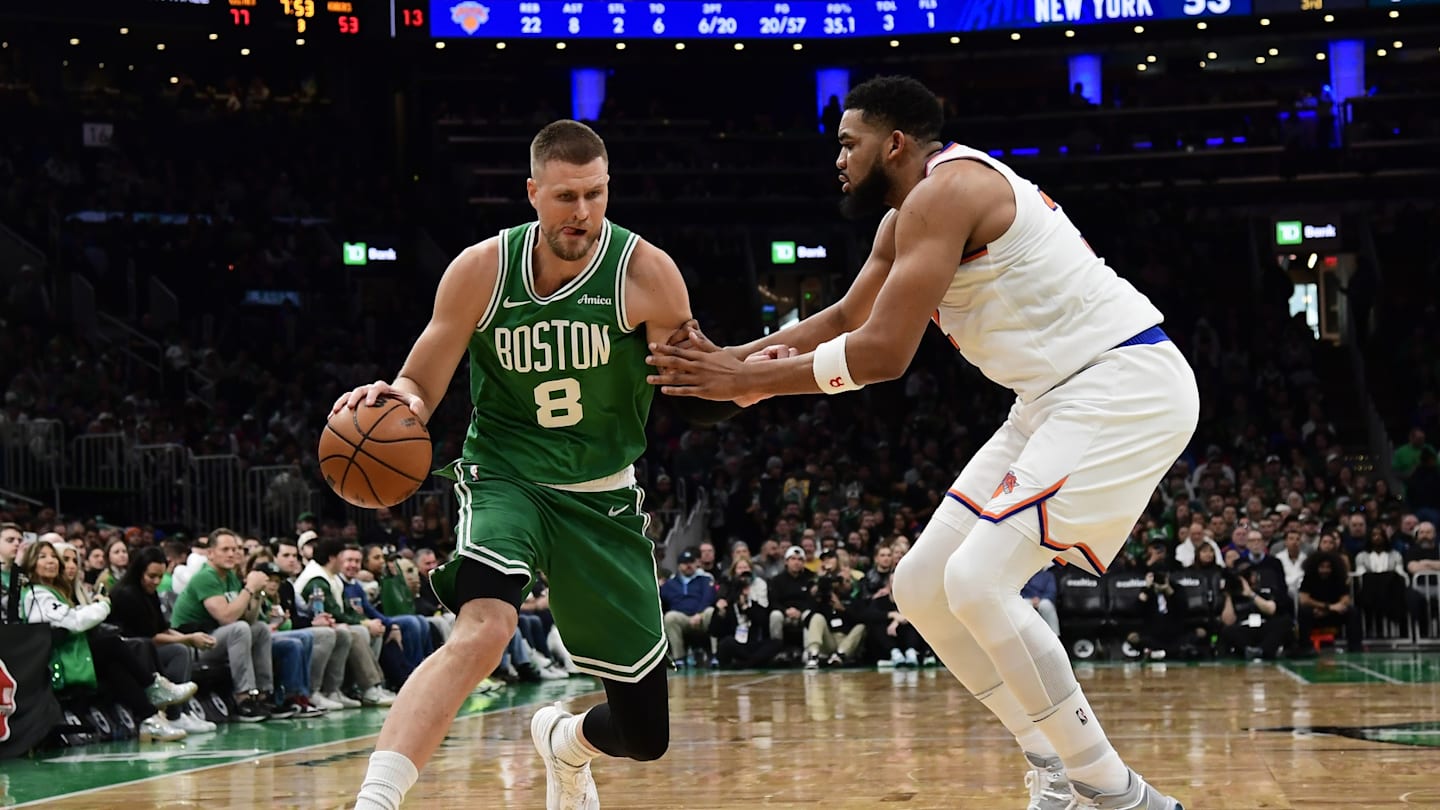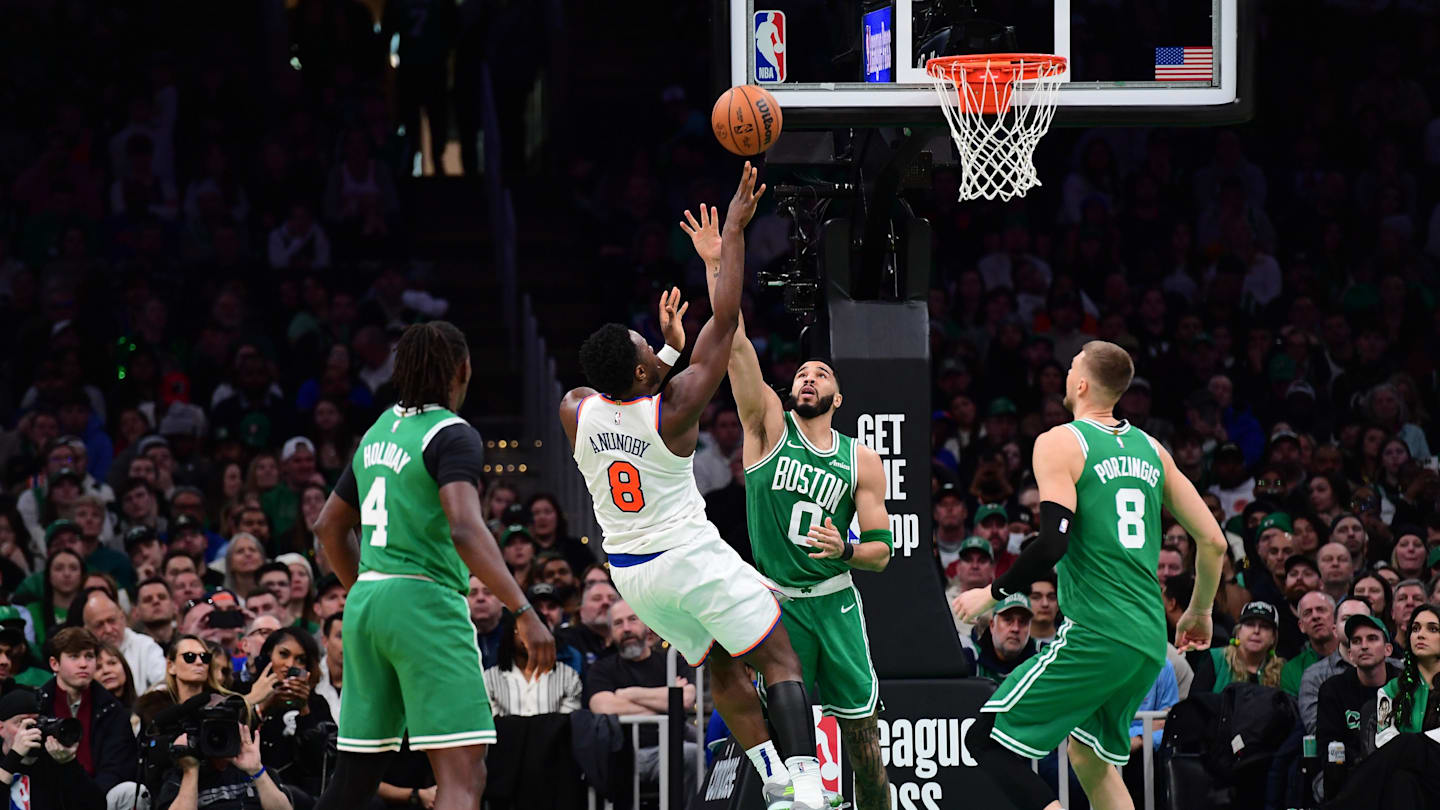Luka Doncic, Anthony Davis are NBA’s latest chess board pieces

“As long as I’m paying the bills I’m paying the cost to be the boss.” – B.B. King
Every so often the powers that be fire a warning shot across the bow by sending a message to the workers that no matter how much money they earn, no matter what their rank or level of compensation, they are still employees. This is especially true in the world of sport and play where billionaire team owners who compensate athletes often find themselves at odds with star players or find themselves having to make moves that might inconvenience star players but benefit the team.
We were reminded of this power dynamic on Saturday when a blockbuster trade was announced: Los Angeles Lakers star center/forward Anthony Davis was being shipped to Dallas in exchange for the Mavericks’ young star Luka Doncic. There were other players thrown in, but Davis and Doncic were the principals.
Davis, 31, was being uprooted from his comfortable life in L.A. and Doncic, 25, was being uprooted from Dallas where he spent the last five seasons and developed something of a cult following. This was stunning news on its own merits but also because we had been so focused on whether the Sacramento Kings would trade De’Aaron Fox (they did Sunday night, to the San Antonio Spurs in a three-team deal with the Chicago Bulls sending Zach LaVine to Sacramento) and whether Jimmy Butler would eventually force himself out of Miami.
The Doncic-Davis trade seemingly came out of the blue, and if the reporting was accurate, neither Davis nor Doncic had any idea they were being moved.
Most shocking of all, Los Angeles Lakers forward LeBron James, who I assumed had a seat at the table in all team decisions, was reportedly also left in the dark. That’s hard to believe but, if true, only amplifies the point of players — even superstar players — being well compensated pieces on a chess board.
Perhaps the Lakers felt that because they did James a solid by drafting his son, Bronny, they didn’t need to bring him into the Doncic transaction. Or perhaps because it means that Doncic, a young white superstar, will replace James as the Lakers’ main draw.
Tim Heitman/NBAE via Getty Images
In terms of X’s and O’s, in Davis, Dallas gets a dominant (when healthy) defensive force it lacked in Doncic. While Davis has been injury-prone throughout his career 13-year NBA career, he played in 76 games last season and 42 of the Lakers’ 47 this year. Davis takes conditioning seriously, which is more than we can say about Doncic.
What’s intriguing about the Lakers shipping Davis to Dallas is that only last week Davis openly complained about having to play center and advised the Lakers the team needed to add a center to the roster so he could go back to playing forward.
The Lakers responded Saturday by telling Davis he could play forward in Dallas.
Pieces on a chess board.
The power dynamic isn’t new, of course. Players always respond to a trade by saying, “It’s part of the business.” But for a player of Doncic’s stature, the move had to come as a shock. And for Davis, who forced his way out of New Orleans in 2019, being suddenly traded from the place he wanted to spend his career had to come as a shock as well.
Players, now and then, have always been reminded who’s in charge by the owners who pay those salaries. In 2009, David Stern, the late NBA commissioner acting on behalf of team owners, laid down the law in terms of establishing a dress code for players who sat on the bench in street clothes while they were injured.
From Stern’s vantage point, things had gotten out of hand with player showing up in all manner of attire. So, the image-conscious NBA put out a dress code that applied to all players regardless of how much money they made or their level of stardom. Everyone had to present themselves in a “professional” manner.
“It wasn’t about wearing a tie,” Stern told me during a 2019 visit to my Harlem barbershop. “The dress code was, wear a pair of shoes, wear a pair of jeans and wear a shirt with a collar. What we were trying to do as part of process was demonstrate respect for the game.”

Jared C. Tilton/Getty Images
Reminded that respect for the game meant hard work and dedication, Stern said, “Because the hard work and dedication was there, then a guy comes and sits on the bench — looking like he’s at the beach, it detracts from what’s going on.’’ There was mild push back but ultimately, the players conformed. In fact, a number of players used the new code to model clothing lines.
Saturday’s blockbuster trade was simply another example of muscle flexing, a reminder to players who occasionally get it twisted that money does not conflate with power.
Team owners can do what they want. In the inimitable words of King, they’re paying the cost to be the boss.
Related
NBA: Mark Cuban says he would have asked for more…
Feb 13, 2025; Dallas, Texas, USA; Mark Cuban laughs during the second half of the game between the Dallas Mavericks and Miami Heat at American Airlines
NBA Scout Reveals Why Celtics Can Easily Beats Knicks in…
The Boston Celtics are one of the teams who are expected to be a contender at the end of the season. They are the defending NBA champions, so they feel like the
Nikola Jokić gives peak Nikola Jokić interview with Scott Van…
Nikola Jokić is still rewriting the record books — and treating it like just another day at the office. In a 149-141 overtime win over the Phoenix Suns
Knicks’ Struggles vs. NBA’s Elite Explained
The New York Knicks are one of the best teams in the NBA, but as of late, they have been defined more by their struggles than their triumphs.The Knicks are 0-7











